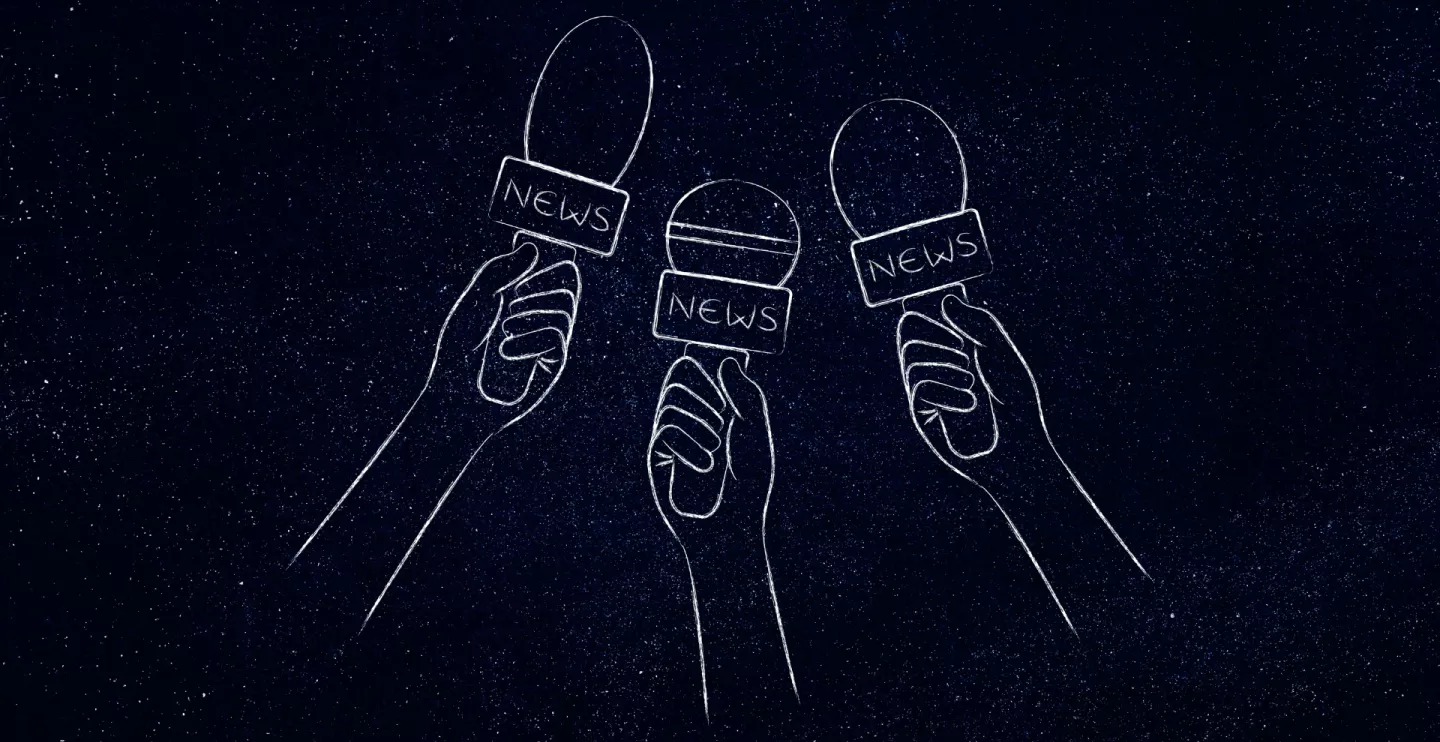Main navigation
Center in the News
Even without the cuts to COVID spending by the government, it is important to determine what policy responses are needed federally and in California to address the health inequities Latinos and other people of color face, all of which were made worse by the pandemic. We need to prevent these injustices from reoccurring should there be a new COVID-19 surge, or in the inevitable case of a new pandemic.
Dr. Gerald Kominski, senior fellow at the UCLA Center for Health Policy Research, is all about healthcare literacy, and he told Lifehacker why consumers need to know this stuff. Kominski not only studies the barriers to healthcare access in the country, but has experienced them firsthand. He explained that, like many people, he found one of his existing prescriptions wasn’t covered without a prior authorization when he switched to a new insurance provider. His new insurer required him to try other medications and demonstrate that they weren’t working before they would consider covering the one
As CalAIM launches, it is useful to take a closer look at the WPC pilot program and what has been learned to date from its implementation. This brief draws heavily on findings from the interim evaluation, which assessed WPC infrastructure development and implementation and analyzed whether WPC led to “better care and better health” within the first three years. In this brief, we explore key questions involving the WPC pilots, which may provide insights for other states pursuing or contemplating similar strategies for identifying and addressing the medical and non-medical or social needs of
"You're more likely to see in racial and ethnic minorities that the kind of insurers near the end of their life are going to be a function of the type of employment and resources they had earlier in their life,"" Mays said. Examples include past employment that paid hourly wages and didn't offer benefits, or not being able to buy long-term care insurance.
""At the end of their lives and when they are utilizing these care facilities, those earlier inequities get played out again later in what it is that they have access to,"" Mays explained.
One California institution, on the other hand, has been asking such questions in the California Health Interview Survey, an ongoing effort interviewing 20,000 Californians each year about several dozen topics from internet use and difficulty finding health insurance to mental health care and asthma. The CHIS is conducted by the Center for Health Policy Research at UCLA, in collaboration with the California Department of Public Health and the Department of Health Care Services. One such study titled ""Gaps in Health Care Access and Health Insurance Among LGBT Populations in California"" found
It is estimated that about 3.2 million Californians will be uninsured this year, according to the UCLA Center for Health Policy Research and the UC Berkeley Labor Center.
The rate of depression and anxiety has doubled among college students over the past decade, according to a Healthy Minds Study conducted in part by Daniel Eisenberg, Professor of Health Policy and Management at UCLA.
Americans spend more on health care than any other people — about one-sixth of our nation’s GDP. According to Thomas Rice, Ph.D., at UCLA’s Fielding School of Public Health, our health care expenses are double that of other wealthy nations, like Germany, Japan and the U.K.
“We spend over $4 trillion in the United States each year on health care. It's a large chunk of the entire world spending on health care, around 40%. But if you look at it per person, we spend about $12,500 per person per year on health care,"" he told NBCLX.
Before COVID began spreading, there was a demand for more granular data on race, ethnicity, gender, gender identity, sexual orientation, etc. With the data collection challenges that occurred during the pandemic, identity data became even more sparse, leading to more inequities. In addition to needing more resources to collect that kind of information, I also think there needs to be investment in NCHS surveys, because they are a portal into what pains Americans are experiencing.













